What is VPN obfuscation and do I need it?
It's the technology that allows you to circumvent VPN blocking
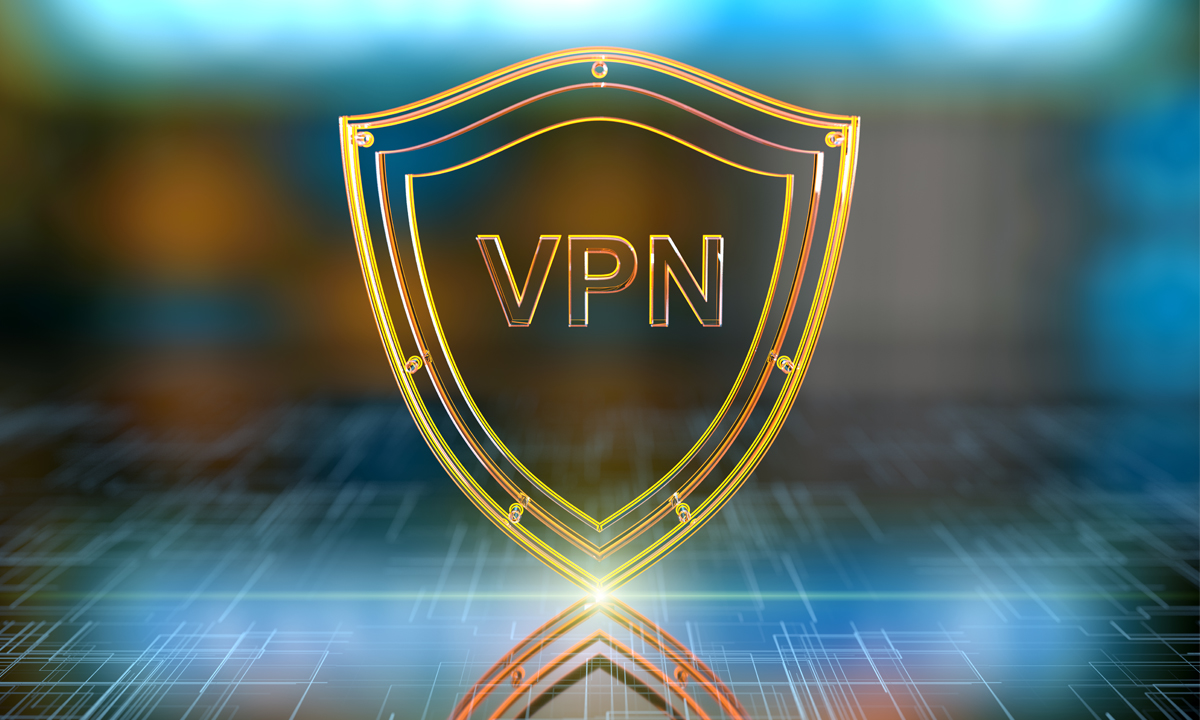
Here at Tom’s Guide our expert editors are committed to bringing you the best news, reviews and guides to help you stay informed and ahead of the curve!
You are now subscribed
Your newsletter sign-up was successful
Want to add more newsletters?

Daily (Mon-Sun)
Tom's Guide Daily
Sign up to get the latest updates on all of your favorite content! From cutting-edge tech news and the hottest streaming buzz to unbeatable deals on the best products and in-depth reviews, we’ve got you covered.

Weekly on Thursday
Tom's AI Guide
Be AI savvy with your weekly newsletter summing up all the biggest AI news you need to know. Plus, analysis from our AI editor and tips on how to use the latest AI tools!

Weekly on Friday
Tom's iGuide
Unlock the vast world of Apple news straight to your inbox. With coverage on everything from exciting product launches to essential software updates, this is your go-to source for the latest updates on all the best Apple content.

Weekly on Monday
Tom's Streaming Guide
Our weekly newsletter is expertly crafted to immerse you in the world of streaming. Stay updated on the latest releases and our top recommendations across your favorite streaming platforms.
Join the club
Get full access to premium articles, exclusive features and a growing list of member rewards.
Have you ever been blocked from accessing a site because your VPN has been detected?
It's not uncommon, even amongst the best VPNs. The fact you're using a VPN can be detected by network filters and your content will be blocked – this is where VPN obfuscation comes in.
Obfuscation hides the fact you're connected to a VPN, ensuring you're always protected online and can freely use the internet without encountering any trouble.
Given the rising rates of internet censorship, effective obfuscation is more important than ever and many of the most private VPNs utilise it.
Below, we'll explain what VPN obfuscation is, how it works, and its relevance today.
What is VPN obfuscation?
VPN obfuscation uses specialized servers to hide the fact you're using a VPN. Obfuscation makes VPN traffic look like a normal internet connection, allowing you to bypass any VPN blocks and network filters.
When you access the internet, data packets are sent over the network. Internet service providers (ISPs) or censors often use a technique known as Deep Packet Inspection to analyze these packets and determine whether or not you're using a virtual private network.
When connected to a regular VPN server your data will always be encrypted, and your browsing history cannot be seen by your ISP. However, your ISP can differentiate encrypted VPN traffic from normal, unencrypted internet traffic and can block it as a result.
Obfuscation disguises this encrypted traffic, allowing it to slip through undetected.
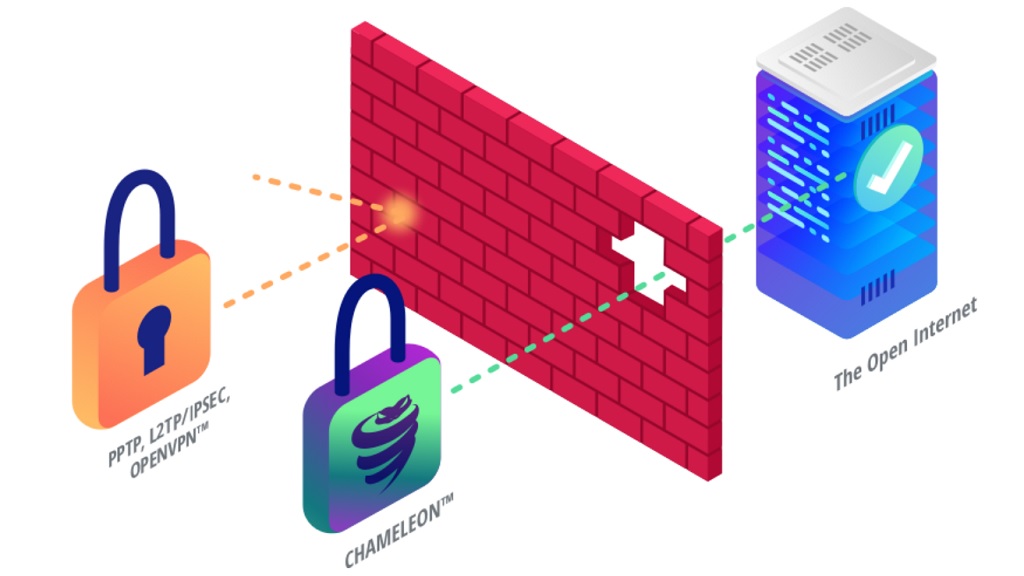
Obfuscation examples
Many VPNs offer obfuscated servers and some even have their own customized versions.
Surfshark has Camouflage Mode, Proton VPN has Stealth, VyprVPN has its Chameleon Protocol, and NordVPN has NordWhisper.
For many VPNs, VPN obfuscation is a feature you can turn on and off. However, ExpressVPN includes obfuscation as standard across all of its 3,000+ servers. It automatically turns on when you connect to a server and you don't need to manually enable anything. Private Internet Access (PIA) and IPVanish also offer obfuscated servers.
Obscura VPN, has claimed it can "outsmart internet censorship" and features a custom obfuscation protocol that allows you to blend in with regular internet traffic.
How does VPN obfuscation work?
There are different techniques for successfully applying VPN obfuscation. It can be done by creating an additional layer of encryption able to mimic regular HTTPS traffic.
Your data may also be randomized, with "dummy" traffic mixed in – a technique adopted by NymVPN.
Regardless of how obfuscation is achieved, the aim is always to mask any traces of a VPN connection, keeping you safe from prying eyes.
The most popular VPN protocol, WireGuard, doesn't support obfuscation by default. WireGuard themselves say obfuscation "should happen at a layer above" the protocol.
VPN providers use their own WireGuard-based propriety protocols to enable VPN obfuscation. OpenVPN does support obfuscation but its lack of speed means a majority of VPNs prefer to focus on, and make changes to, WireGuard.
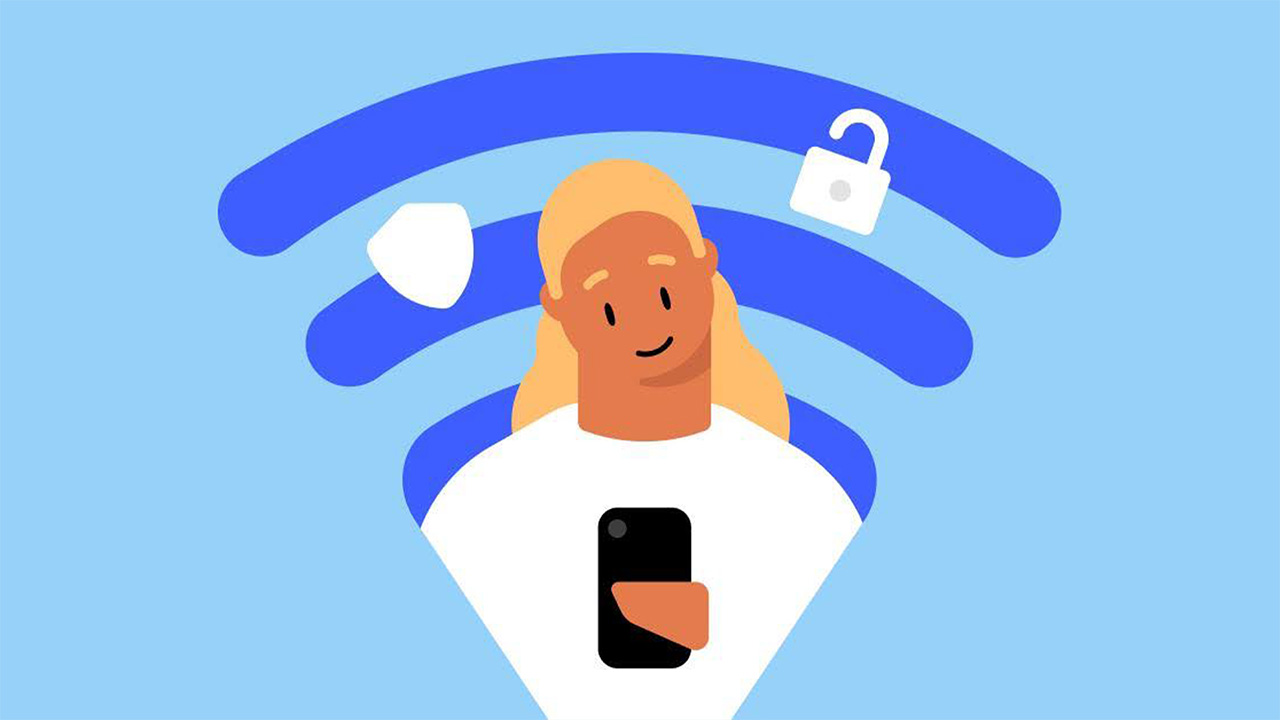
Why is VPN obfuscation useful?
VPN obfuscation is a useful feature for everyone – but for some, it's a necessity. Here are some examples of how obfuscation can be used:
- Bypassing censorship: 4.8 billion people were affected by internet censorship in 2024 and its threat is not decreasing. Obfuscation is crucial for accessing a free and open internet, and people need to know they are protected in countries with strict VPN laws.
- Bypassing network restrictions: Your workplace or school's network might block VPN traffic for security or any other reasons. Here, you may want to use VPN obfuscation to elude any type of restrictions.
- Successfully unblocking streaming content: Using a VPN to unlock foreign streaming libraries is a very popular practice among users. This is why major platforms, like Netflix or BBC iPlayer, apply geo-restrictions to their content and try hard to prevent VPN usage. Despite this, the best streaming VPNs are effective at unblocking content and almost all offer obfuscation.
- Boost security: Making VPN traffic is harder to detect ensures the user's privacy and security remains intact. This is vital for users whose anonymity is paramount, such as activists, politicians and journalists.
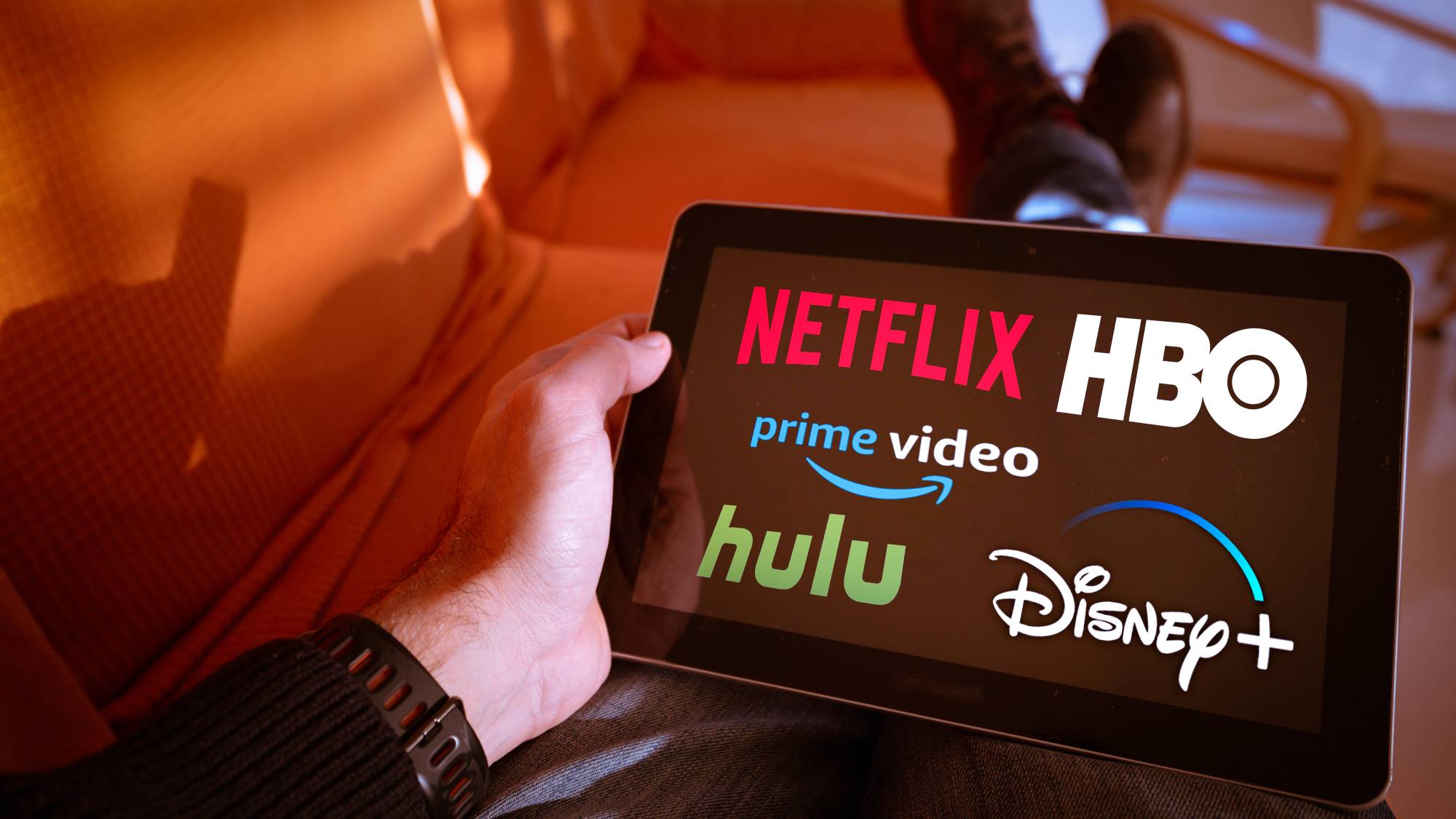
Do you need VPN obfuscation?
You may need VPN obfuscation in certain situations, but each case is different.
If you're living under internet censorship and could face penalties if caught using a VPN, then obfuscation is a must.
If you're streaming geo-blocked content then it's handy to have, but not always essential.
However, for day-to-day usage, it's unlikely you'll need VPN obfuscation. A regular VPN connection will protect your data well enough.
How to enable VPN obfuscation
The exact steps will vary between providers, but they all follow the same rough pattern.
If your VPN provider offers obfuscation by default, then there's nothing you need to do.
For others, you'll want to navigate to the Settings tab of your VPN app. Look for your VPN protocol options and clicking on it should bring up the list of protocols supported by your VPN.
Providers who have their own unique obfuscating protocol – NordVPN's NordWhisper or Proton VPN's Stealth for example – will have this listed in a drop down menu.
Select the necessary protocol, reconnect to your VPN, and you'll be protected.
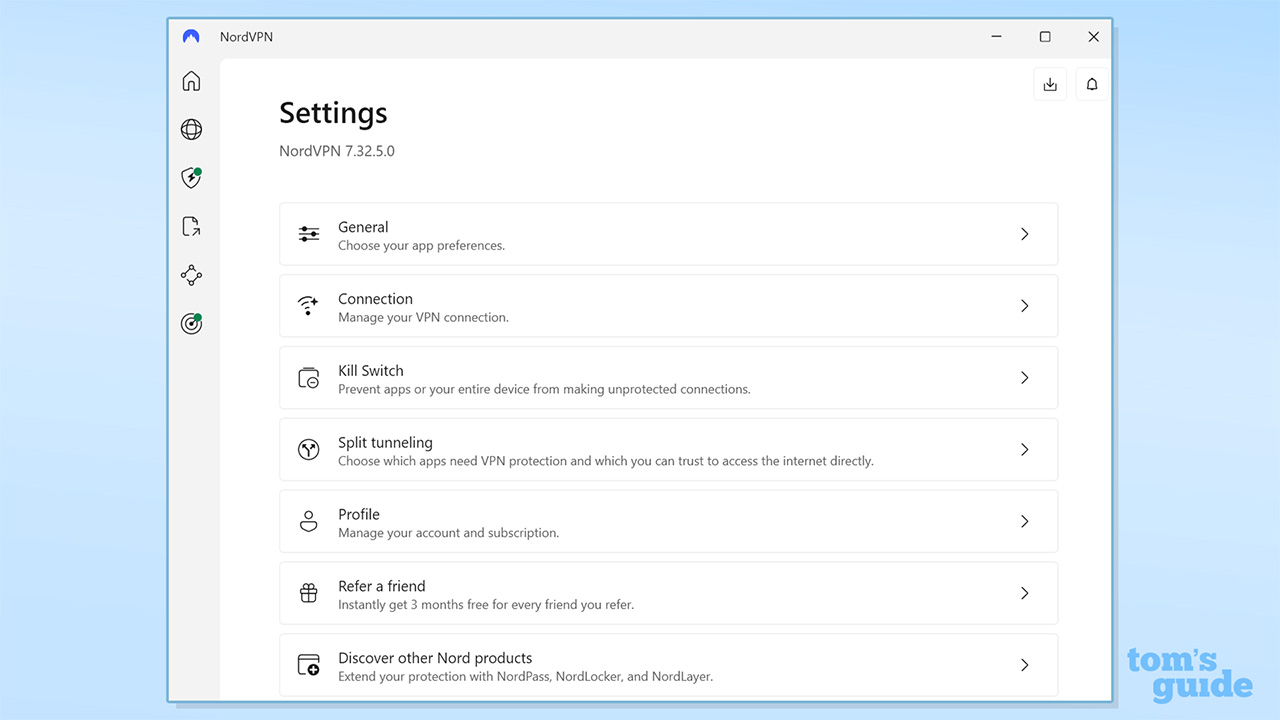
Image: To enable obfuscation on NordVPN, first navigate to the Settings tab
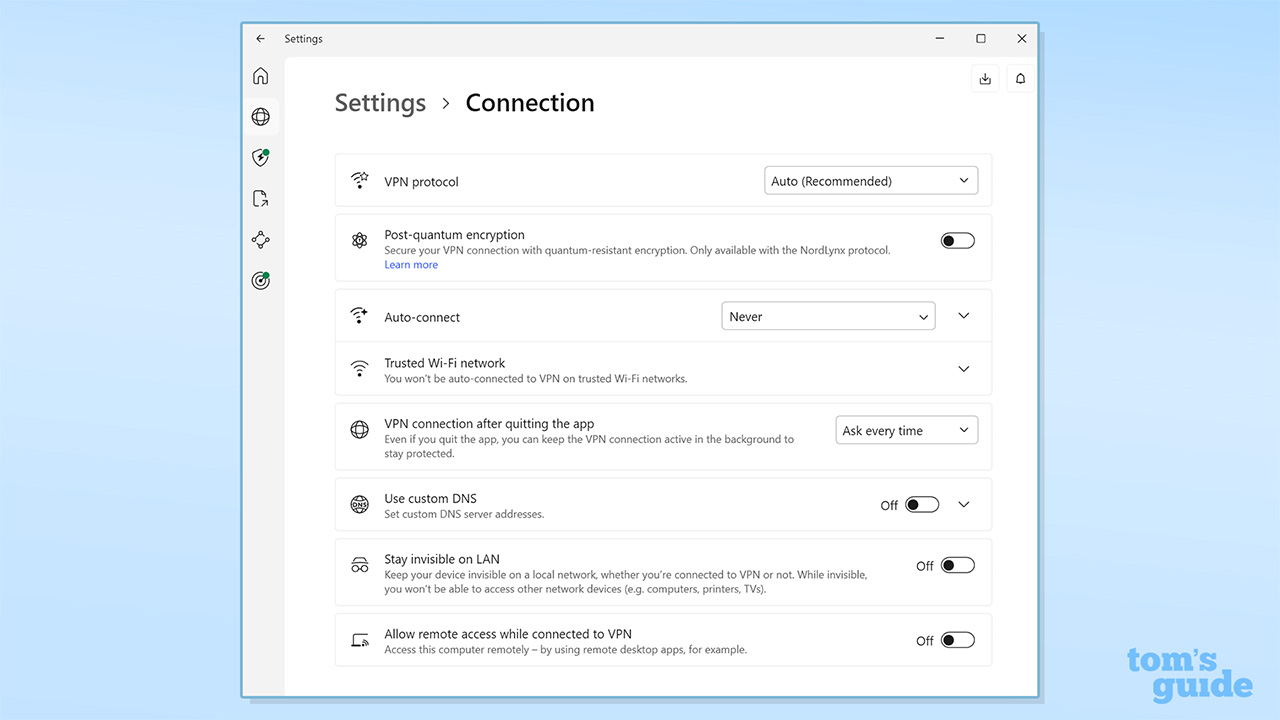
Image: After navigating to Settings, select Connection
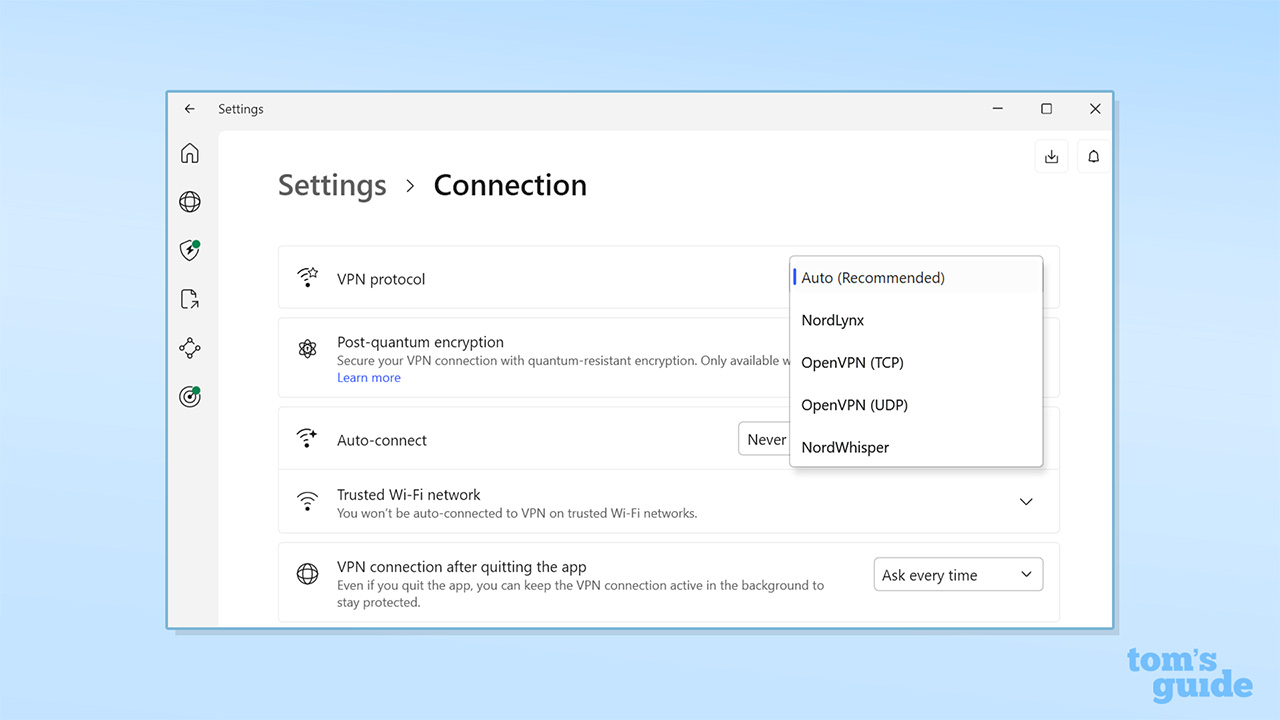
Image: Click the VPN protocol drop-down menu and select the obfuscating NordWhisper protocol. Then re-connect to your VPN.
We test and review VPN services in the context of legal recreational uses. For example: 1. Accessing a service from another country (subject to the terms and conditions of that service). 2. Protecting your online security and strengthening your online privacy when abroad. We do not support or condone the illegal or malicious use of VPN services. Consuming pirated content that is paid-for is neither endorsed nor approved by Future Publishing.

Chiara is a multimedia journalist committed to covering stories to help promote the rights and denounce the abuses of the digital side of life – wherever cybersecurity, markets, and politics tangle up. She believes an open, uncensored, and private internet is a basic human need and wants to use her knowledge of VPNs to help readers take back control. She writes news, interviews, and analysis on data privacy, online censorship, digital rights, tech policies, and security software, with a special focus on VPNs, for TechRadar, TechRadar Pro, and Tom's Guide. Got a story, tip-off, or something tech-interesting to say? Reach out to chiara.castro@futurenet.com
- George PhillipsStaff Writer
You must confirm your public display name before commenting
Please logout and then login again, you will then be prompted to enter your display name.
 Club Benefits
Club Benefits










